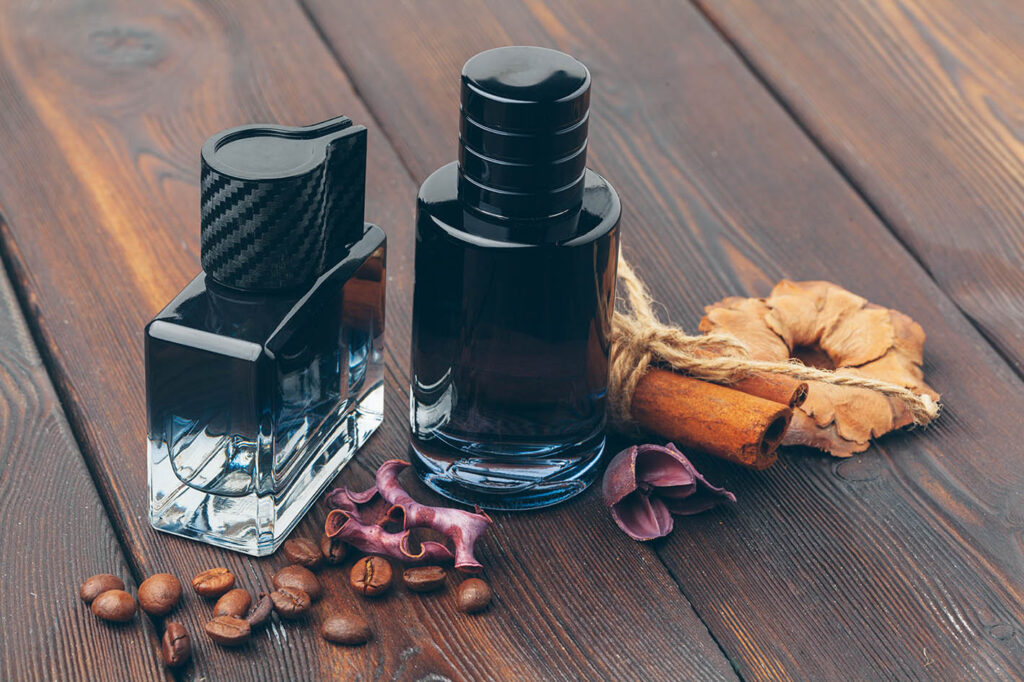Luxury isn’t just seen—it’s felt, heard, and smelled.
Walk into any high-end hotel, boutique, or VIP lounge, and you’ll notice something: it smells incredible.
That’s not an accident. It’s sensory branding—a powerful way to create an emotional connection with guests, enhance their experience, and yes, increase their spending.
Of all the senses, scent is the most influential when it comes to guest perception, brand recall, and purchase behaviour.
If your venue isn’t leveraging scent marketing, you’re missing a silent but effective way to boost revenue.
What Is Sensory Branding & Why Does It Work?
Sensory branding is the art of influencing consumer behavior by engaging multiple senses—sight, sound, touch, taste, and smell—to create a memorable brand experience.
✔ Visual branding (logos, interiors, lighting) sets the first impression.
✔ Music & soundscapes influence mood and pacing (ever noticed how high-end stores play slow music to keep you browsing?).
✔ Textures & materials (plush seating, polished marble) reinforce luxury.
✔ Scent, however, is the most powerful trigger for memory and emotion.
Studies show that people recall scents with 65% accuracy after a year, compared to only 50% for visuals after three months.
If your brand has a signature scent, guests will instantly associate it with your venue—consciously or not.
How Scent Marketing Increases Guest Spending
Scent isn’t just about making a space smell nice—it’s about driving real business results.
1️⃣ Scent Creates Emotional & Brand Loyalty
People form emotional connections to scents faster than to visuals or sounds. Luxury brands use this to create an identity that guests recognize and return to.
🔹 Hotels: Ever walked into a high-end hotel and immediately felt relaxed? That’s scent branding at work. The right fragrance makes guests feel at home and want to return.
🔹 Retail: Brands like Abercrombie & Fitch and Chanel use signature scents to make stores instantly recognizable and immersive.
🔹 Nightclubs & VIP lounges: A unique scent creates a distinctive atmosphere that keeps guests coming back.
Result? Returning customers spend more, more often.
2️⃣ Scent Influences Guest Perception of Value & Luxury
A luxury scent doesn’t just make a space smell good—it makes it feel more expensive.
🔹 A luxury hotel that smells high-end = justified higher room rates.
🔹 A club with an exclusive scent = perceived VIP experience.
🔹 A retail space with a premium fragrance = makes customers comfortable spending more.
A well-placed scent can elevate your brand positioning without changing décor, service, or pricing.
3️⃣ Scent Increases Dwell Time & Purchase Intent
The longer guests stay in a space, the more they spend—and scent plays a key role.
🔹 A 2022 study showed that customers lingered 20% longer in scented retail environments compared to unscented ones.
🔹 In hospitality, guests in fragranced spaces reported feeling more comfortable, relaxed, and willing to spend on premium services.
In short? If your venue smells great, guests stay longer—and spend more.
Turning Scent into Revenue With The Power of Fragrance Vending
If scent enhances experience and increases spending, why not turn it into a direct revenue stream?
A luxury fragrance vending machine lets guests take the experience with them—while your venue profits.
✔ Impulse-driven spending – Guests tap, spray, and refresh instantly.
✔ High-margin, low-cost luxury – A small indulgence they won’t hesitate on.
✔ Seamless brand extension – A way to reinforce your venue’s identity through scent.
High-end hotels, retail spaces, and VIP venues are already monetizing sensory branding—without lifting a finger.
Scent Is More Than an Amenity—It’s an Opportunity
From brand loyalty to higher guest spend, scent marketing is one of the most overlooked yet effective strategies in hospitality and retail.
And with fragrance vending, you’re not just using scent to enhance guest experience—you’re turning it into profit.

